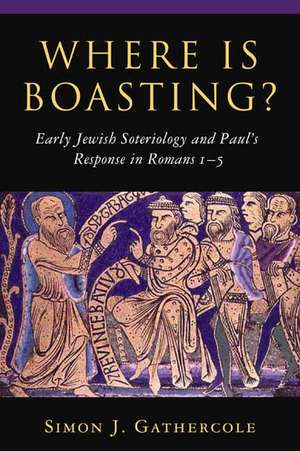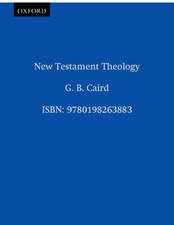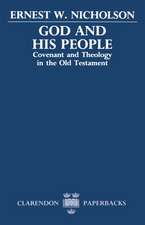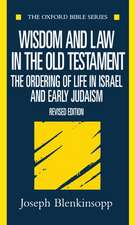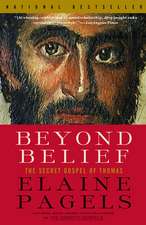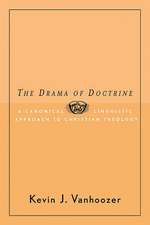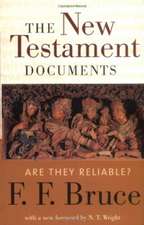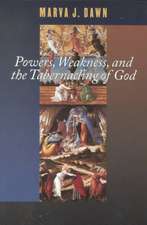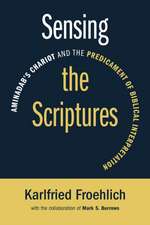Where Is Boasting?: Early Jewish Soteriology and Paul's Response in Romans 1-5
Autor Simon J. Gathercoleen Limba Engleză Paperback – 30 sep 2002
Building on a detailed examination of the past generation of scholarship on Paul and early Judaism, Gathercole's work follows two paths. First, he shows that while early Judaism was not truly oriented around legalistic works-righteousness, it did consider obedience to the Law to be an important criterion at the final judgment. On the basis of this reconstruction of Jewish thought and a rereading of Romans 1 5, Gathercole advances his main argument that Paul did indeed combat a Jewish perspective that saw obedience to the Law both as possible and as a criterion for vindication at the final judgment. Paul's reply is that obedience to the Law is not a criterion for the final judgment because human nature makes obedience to the Law impossible. His doctrine of justification can therefore be properly viewed in its Jewish context, yet anthropological issues also take center stage.
"
Preț: 238.55 lei
Nou
45.65€ • 48.81$ • 38.06£
Carte disponibilă
Livrare economică 27 martie-10 aprilie
Specificații
ISBN-10: 0802839916
Pagini: 311
Dimensiuni: 173 x 225 x 22 mm
Greutate: 0.48 kg
Editura: William B. Eerdmans Publishing Company
Textul de pe ultima copertă
Building on a detailed examination of the past generation ofscholarship on Paul and early Judaism, Gathercole's work followstwo paths. First, he shows that while early Judaism was not trulyoriented around legalistic works-righteousness, it did consider obedienceto the Law to be an important criterion at the final judgment.On the basis of this reconstruction of Jewish thought and arereading of Romans 1-5, Gathercole advances his main argument-- that Paul did indeed combat a Jewish perspective that saw obedienceto the Law both as possible and as a criterion for vindicationat the final judgment. Paul's reply is that obedience to the Law isnot a criterion for the final judgment because human nature makesobedience to the Law impossible. His doctrine of justification cantherefore be properly viewed in its Jewish context, yet anthropologicalissues also take center stage.
